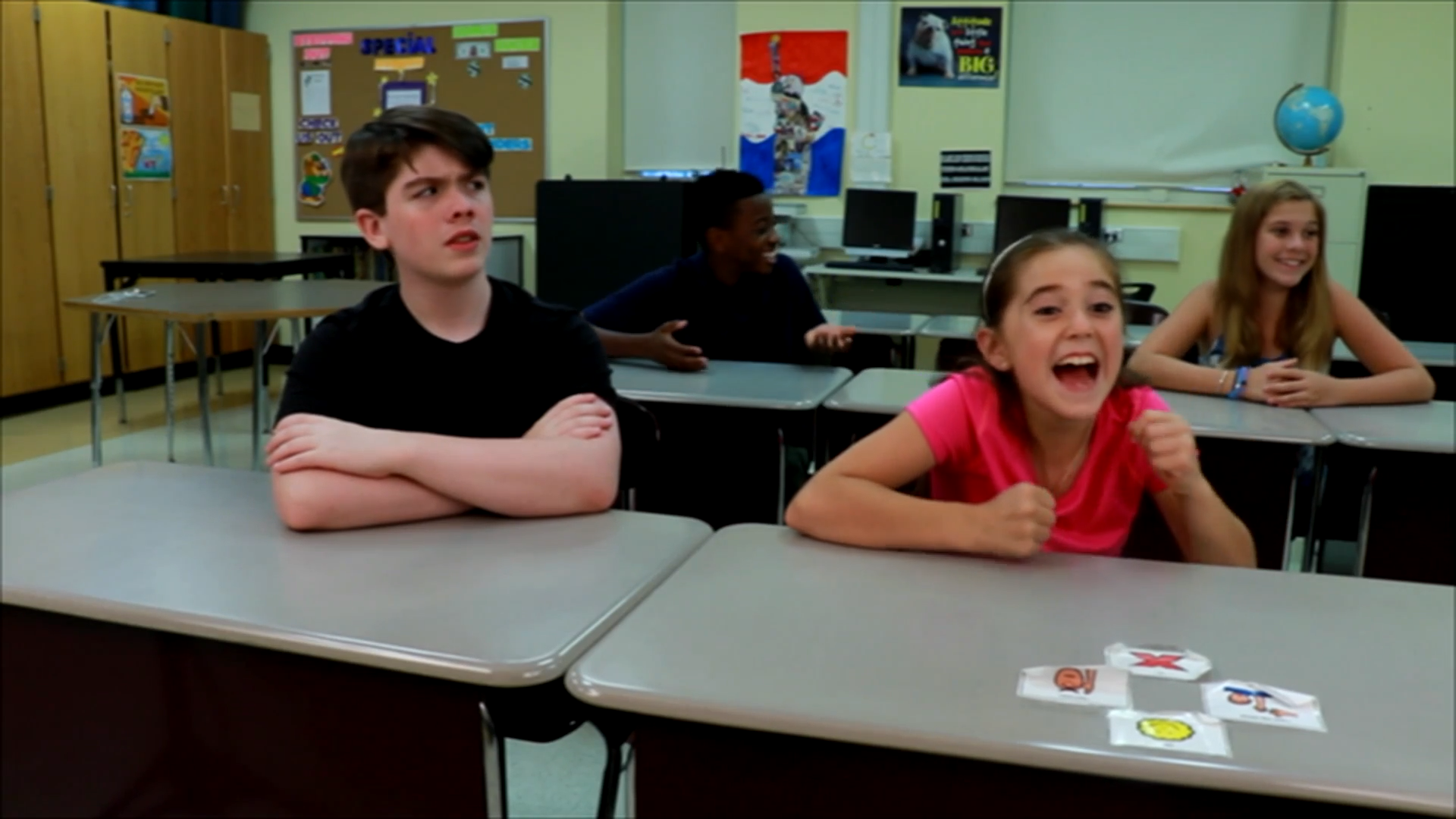
Introduction
Social-Emotional Learning (SEL) plays a crucial role in helping students develop essential life skills. One valuable skill is the ability to observe others when encountering new situations or challenges. By observing how others act or respond, students can learn how to navigate unfamiliar situations with confidence and ease. In this blog, we’ll explore a no-prep activity that encourages students to practice this skill, followed by discussion questions, related skills, and next steps to further develop their SEL abilities.
No-Prep Activity: Observe and Mimic
This activity requires no preparation or materials from the educator. It’s designed to help students practice observing others and mimicking their actions to learn how to handle new situations.
- Divide the class into pairs or small groups.
- Choose one student in each pair or group to be the “leader.” The leader will perform a simple action, such as a dance move, a gesture, or a facial expression.
- The other students in the pair or group will observe the leader and try to mimic their action as accurately as possible.
- After a few rounds, switch the leader role to another student in the group. Continue until everyone has had a turn as the leader.
- As a class, discuss the importance of observation in learning new skills and navigating unfamiliar situations.
Discussion Questions
- How did observing the leader help you learn and mimic their action? What specific things did you look for?
- Can you think of a time when you observed others to learn how to act in a new situation? How did it help you?
- Why is it important to observe others in a social setting? How can it help us understand social cues and expectations?
- How does the ability to observe and learn from others contribute to the development of empathy and understanding?
- What strategies can you use to improve your observation skills in the future?
Related Skills
Observing others is just one of the many valuable skills that can be developed through Social-Emotional Learning. Here are some other related skills that can benefit students in their personal and academic lives:
- Active Listening: Paying close attention to what others are saying and asking clarifying questions to ensure understanding.
- Empathy: Recognizing and understanding the feelings and perspectives of others, and responding with care and support.
- Self-Awareness: Identifying and understanding one’s own emotions, strengths, and areas for growth.
- Adaptability: Adjusting one’s behavior, thoughts, or emotions in response to new information or changing circumstances.
- Problem Solving: Identifying, analyzing, and resolving challenges in a constructive and collaborative manner.
Next Steps
Observing others is a powerful tool that can help students develop essential social-emotional skills and navigate new situations with confidence. To further support your students’ SEL journey, we invite you to explore a variety of free sample materials available on our website. These resources can help you incorporate SEL principles into your classroom and create a supportive learning environment for all students.

